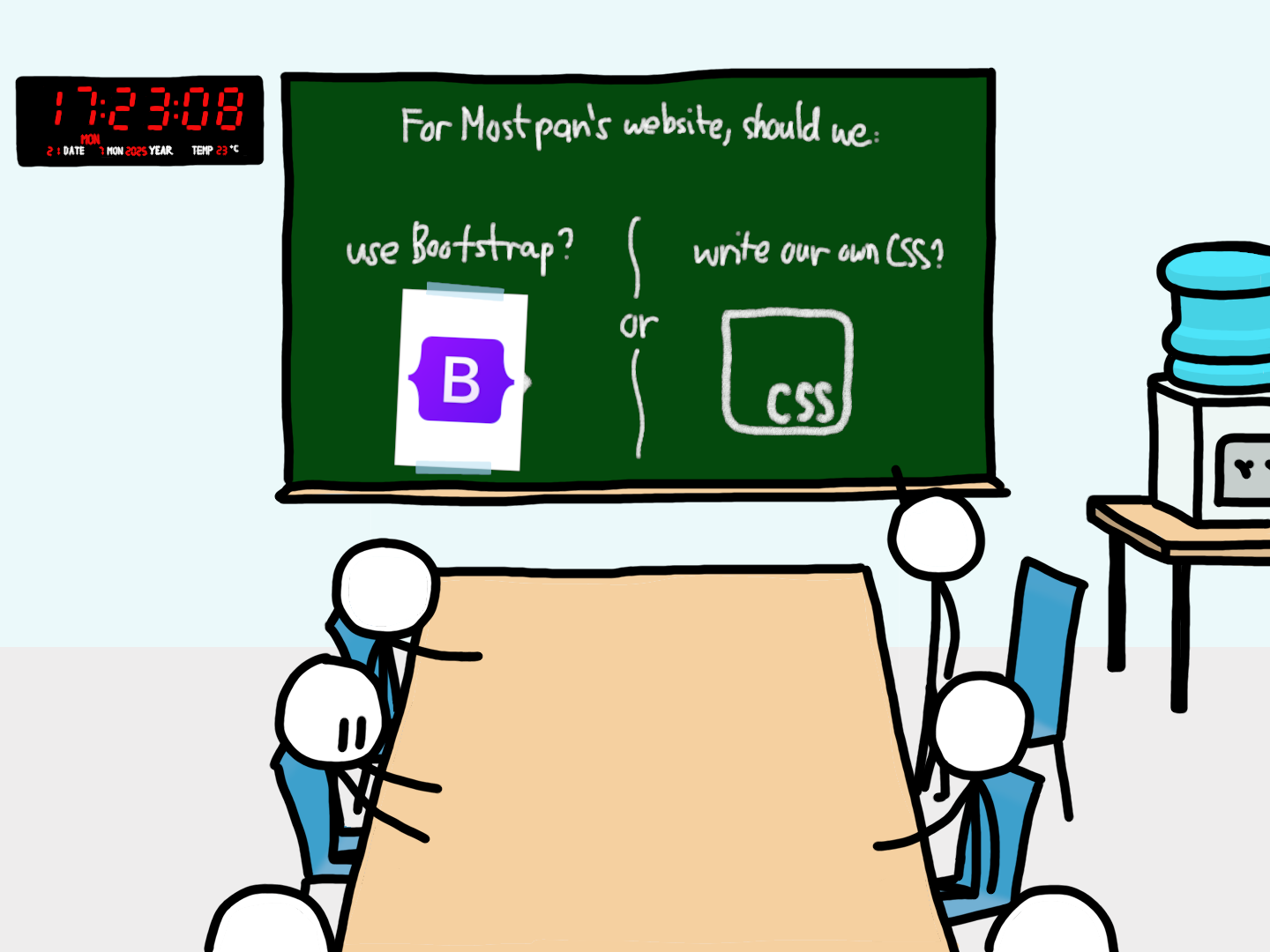Let’s play a game of “Fortunately, Unfortunately“. Respond the previous post (the first comment below this post) by replying this post (not the previous post!)
I’ll start with: “I found this website.“
To this day I still have no idea how YouTube removing dislikes benefits their ad provider and marketing partners
They’re advertisers; they don’t care how much people love it or hate it. In the end, they just want to boast stuff. The worst that can happen to them is to say sorry.
I guess it’s just conspiratorists being hypercritical once again. Put down your red strings and thumb tacks folks, I’m not here to hunt rabbits leaping through logic.
(vent over)
On a trip from Kuala Lumpur to Johor my mom accidentally bought coleslaw as our side instead of rice like we usually order on KFC
I’m okay with it but why does it have to be cold? Really clashes with the hot chicken
We didn’t eat a lot of it
my dad plugged an F plug on a G plug that even has a ground flap on it
worse, the freaking thing has metal contacts exposed since the plug is rather misshapen
let’s hope I come out of this hotel alive
I ran Transmission once and already my laptop is struggling to make HTTP requests
even when I killed it D=
you know the fade to black thing YouTube introduced for some reason could be a cue to skip an inserted ad, if only I was vigilant enough to do it
I had a suspicion that the free-threaded mode that Python has introduced recently was Meta’s idea
…not that it’s inherently bad or anything.
I was seeing if Xiph’s Icecast thing has The Buzzer (since they also have rebroadcasts for NOAA weather stations and WWV(H) simulators)
I saw “the buzzz” so I clicked it
Got YMCA’d instead

